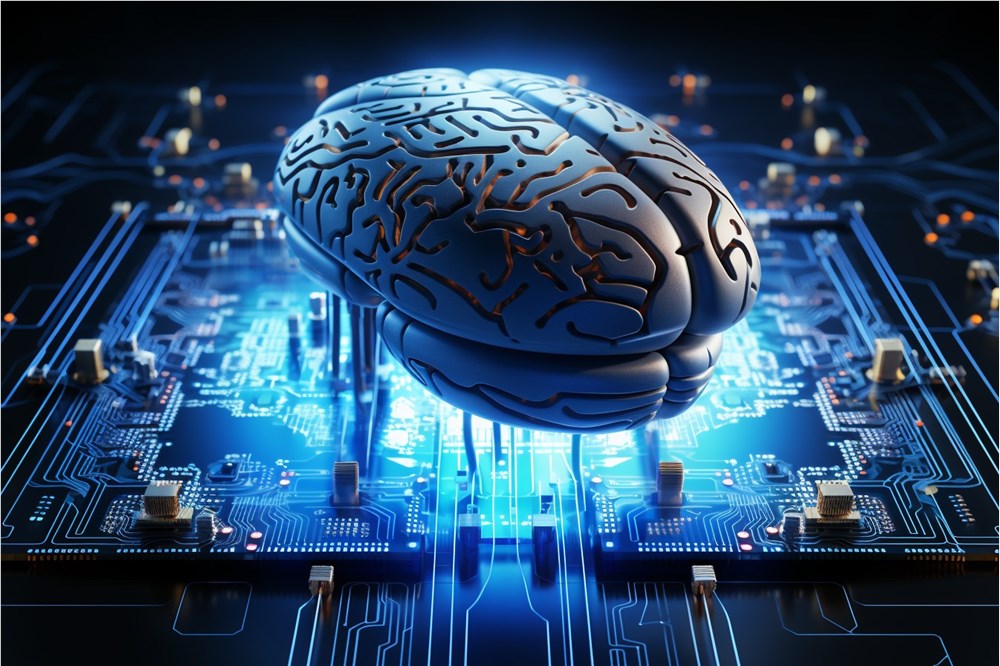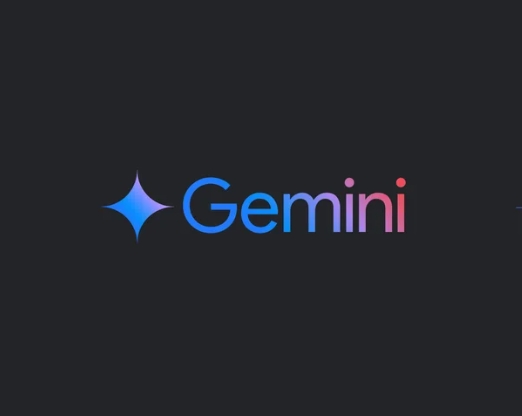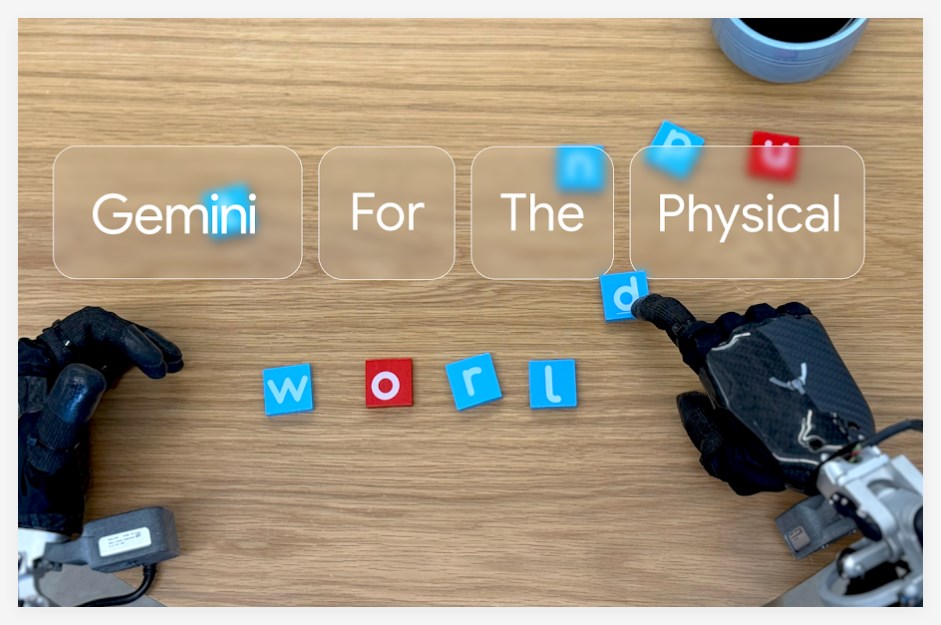Demis Hassabis, CEO of Google DeepMind, is leading a revolution in the global artificial intelligence (AI) field. This award-winning scientist recently discussed the future of AI in an interview, envisioning a potential future of "extreme abundance"—a world without scarcity of resources or disease.
Hassabis aims to create a system known as "Artificial General Intelligence" (AGI), capable not only of tackling various tasks with human-like flexibility but also exceeding human speed and knowledge. He's surprised by the technology's rapid development, describing it as a fast-growing "exponential curve." In recent years, AI's successes have attracted more resources and talent, fueling rapid advancements.

Image Source Note: Image generated by AI, licensed through Midjourney.
At DeepMind's labs, Hassabis and his team are training their AI model, "Gemini," to not only analyze the world but also interact with it practically, such as booking flights and shopping online. He anticipates the emergence of AGI within the next five to ten years, where AI will deeply understand and integrate into our lives.
Excitingly, Hassabis suggests AI could help us "cure all diseases" within the next decade. His team's AI technology has already made significant breakthroughs in protein structure analysis and drug discovery, potentially reducing drug development timelines from ten years to a few months.
However, with this technological progress, Hassabis also expresses safety concerns. As AI systems become more powerful, ensuring alignment with human values is crucial. He highlights mitigating malicious use and ensuring technological safety as two major challenges in AI development.
While current AI systems lack self-awareness and curiosity, Hassabis believes future AI could possess stronger imagination and intuition as technology advances. He hopes to instill ethics and values into these systems to better serve humanity.
Hassabis is optimistic about the future but also acutely aware of the ethical and safety issues posed by AI technology. He believes we need a new generation of philosophers to contemplate these issues and ensure the benign development of artificial intelligence.










